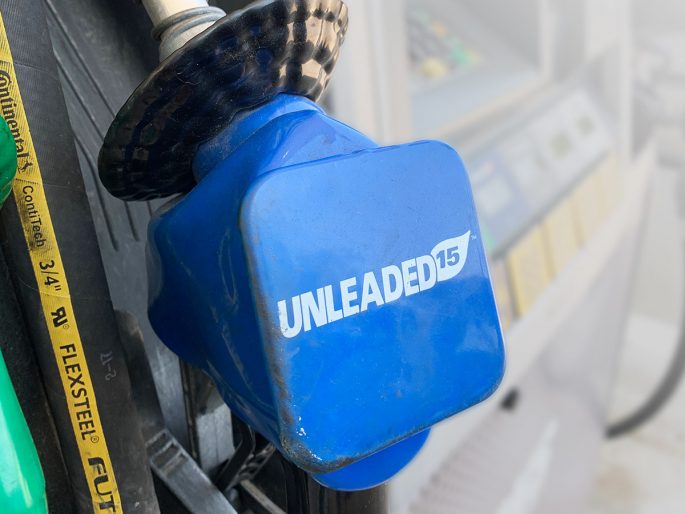Many believe E15 is the single most important issue in retail fuel right now.
The repercussions of its approval for year-round fueling will affect the U.S. fueling mix for at least the next 20 years. The results of unfortunate public policies may persist even longer. The following highlights some of the issues at hand.
Issue 1: The original intention of the Renewable Fuel Standard (RFS) and its outcomes are not in alignment.
According to the U.S. Environmental Protection Agency’s RFS webpage, “Congress created the renewable fuel standard (RFS) program to reduce greenhouse gas emissions and expand the nation’s renewable fuels sector while reducing reliance on imported oil.” However, the U.S. Government Accountability Office (GOA) reports that the RFS has “likely had a limited effect, if any, on greenhouse gas emissions.” Read the report here.
Issue 2: The shortcomings of the RFS, combined with the expansion of E15, are poised to benefit the farm community at the potential expense of the fuel industry.
The current RFS and E15 policies suffer from a flawed approach to policymaking: leaders reverse-engineered a rationale to support the politically-expedient result they desired, with little regard for outcomes influenced by scientific or economic factors. Bear in mind that the supply network has not been tested by a nationwide demand for E15, and we haven’t yet experienced the long-term ramifications of maintenance needs on E15 infrastructure.
Issue 3: The future of the RFS program is uncertain, and retail fuel may be caught in the middle.
Advanced biofuels, which have struggled to advance due to technical challenges and economic variables, are shown to reduce greenhouse gases to a greater extent than conventional renewable fuels such as ethanol. If a desire to reduce greenhouse gas emission is a true driver of the RFS program, what will become of the RFS and the potential requirements for advanced biofuels and conventional renewable fuels beyond the 2022 volume requirements is uncertain. For more information about this aspect of the E15 approval, watch Fuels Market News for Source’s latest article.




